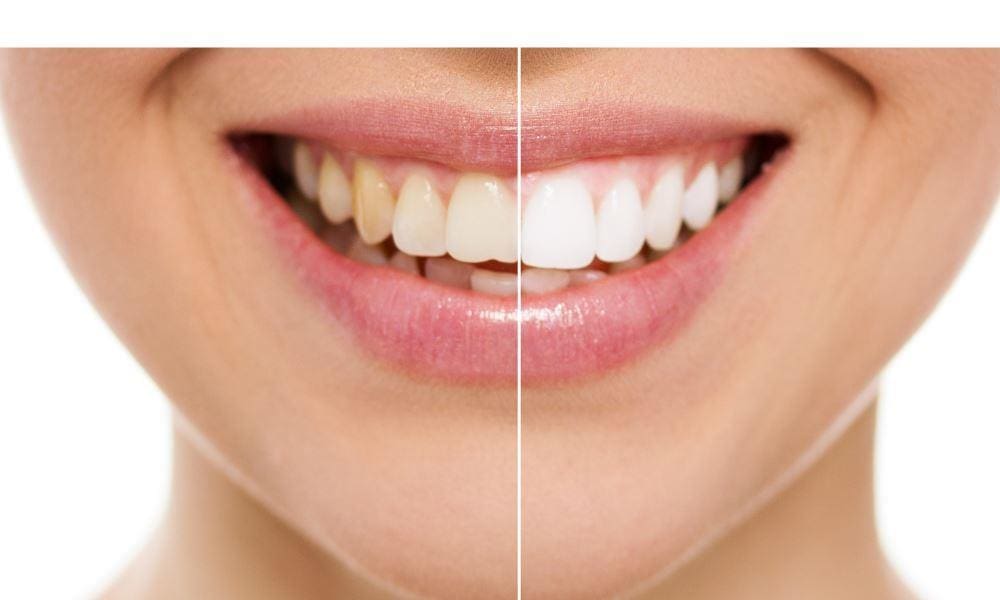
Cosmetic Dental Procedures: Are Lumineers Expensive?
Cosmetic Dental Procedures If you found yourself entering search terms into Google like “cosmetic dental procedures” or “dentist near me,” you probably will eventually come
Home » Archives for 2021

Cosmetic Dental Procedures If you found yourself entering search terms into Google like “cosmetic dental procedures” or “dentist near me,” you probably will eventually come

Frenectomy Tongue-tie is a medical condition inherited by some people who experience reduced tongue mobility as a result. If you look at yourself in the

Tongue-Tie Tongue-tie (ankloglossia) can be an inherited condition. The condition is one in which the tongue is actually “tied,” or tethered to the mouth floor.

Oral Health Oral Health | It can be tough to find reasons to smile when you’re forced to deal with imperfections like missing teeth. Not


LANAP Dentist Near Me When you hear the word “smile,” you probably think of healthy, attractive teeth that express your happiness and friendliness. Although your

Lexington Dentists Lexington Dentists | Lexington dentists provide a wide range of dental services and procedures, ranging from the elaborate to the simple. Here are

Cosmetic Dental Clinic Cosmetic Dental Clinic | If an infant is unable to properly feed, they may have a condition known as tongue-tie, which restricts

Emergency Dental Care Emergency Dental Care | Would you be able to tell if your pain and discomfort is normal, or is a serious problem

Laser Tongue Tie Laser Tongue Tie | Every parent’s greatest desire is that their child will be born perfect from head to toe. However, even